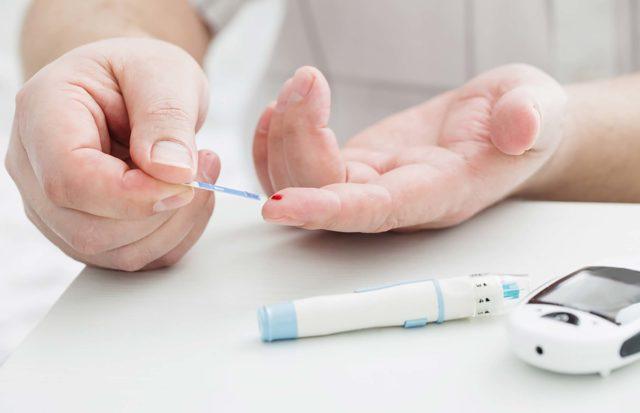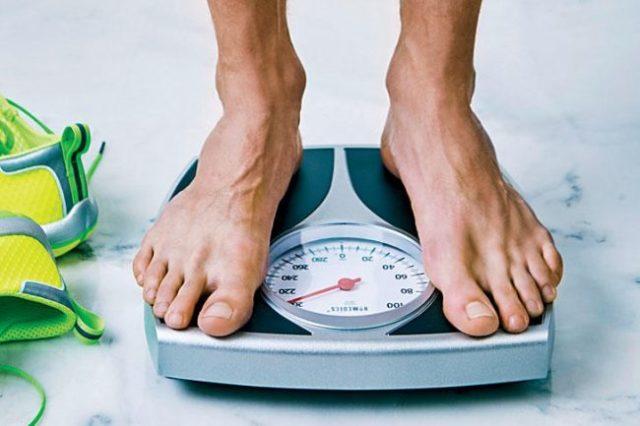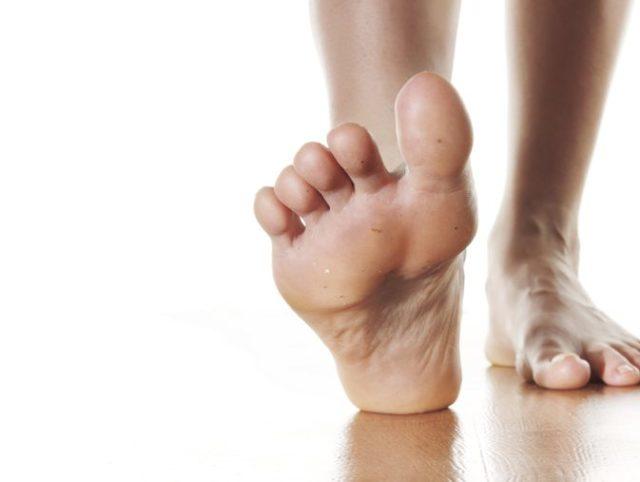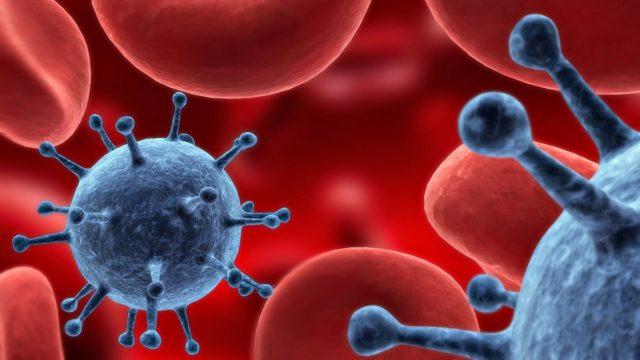Diabetes is one of the most common and serious illnesses in the world, and can turn deadly if its left untreated. That’s why its so shocking that 1 in 4 people with diabetes do not even know that they have it. Needless to say, they won’t be taking medication for it and thus, their condition may worsen considerably.
Are you one of those people? You might think “not me!”, but truth be told, you can never know for sure. There are ways that you can detect whether you have the illness in its earliest stages. This way, you’ll be able to get started on the treatment as soon as possible, which will limit its chances of getting serious. This is even more important if you have common risk factors for diabetes.

1. Hunger
If you feel like your hunger hasn’t been satiated even after a proper meal, it could be a sign of diabetes. Of course, if its a one-off, it shouldn’t be a problem. But if it happens continuously, be careful. This can happen because the illnesses makes your body unable to effectively break food down into energy, and this reduced stamina makes you feel hungry more often.

2. Fatigue
Chronic fatigue is another common symptom of diabetes. As your body isn’t able to harness energy from food and glucose, this ends up making you feel weak and tired. Tiredness could also be caused by dehydration due to frequent urination, which is also a sign of diabetes.

3. Dry Mouth
A dry mouth is another way that the illness may present itself in your body. Again, this is related to frequent urination leading to dehydration. Dry mouth could be related high blood sugar, and could also lead to tooth decay.

4. Frequent Urination
As we said, frequent urination is one of the most common signs of diabetes. This is caused because of an excess of glucose in your blood. This will affect your kidney in its regular function, and cause it to absorb excess sugar (glucose). This leads to more sugar being released into your urine, making you want to “go” more often.

5. Extreme Thirst
Increased urination can also cause you to feel thirsty more often, as bodily fluids are extracted from your tissues to make up for the loss of other fluids. The frustrating part about this is that drinking more water will just cause you to urinate more often, and not actually quench your thirst.

6. Weight Loss
Weight loss that cannot be explained through a change in diet, exercise, or lifestyle can be worrisome as it could point to diabetes. This is because there would be an inadequate amount of insulin in your blood, which keeps your body from absorbing glucose and turning it to energy. As a result, your body resorts to burning fat and muscle for energy, making you lose weight. This is particularly present in patients in type 1 diabetes.

7. Blurred Vision
WebMD says that blurred vision could be pointing to high blood sugar. A higher amount of blood sugar could cause your body to gather fluids from your eye’s lenses, causing them to change shape, which will hinder their ability to focus.

8. Dry & Itchy Skin
High blood sugar will cause your body to lose fluids through urination, which leads to dehydration. This loss of moisture can cause your skin to become extremely dry and itchy.

9. Slow-healing Wounds
Another tell-tale sign of diabetes is the inability of seemingly harmless wounds/cuts to heal as quickly as they normally would. Since patients with diabetes have high blood sugar, this could cause nerve damage and affect their blood flow, making it hard to reach the affected areas.

10. Pain or Numbness in Your Feet or Legs
Nerve damage is a side-effect of diabetes, and it often shows itself through a pain, tingling, or numbness in body. It might start in your feet, legs, arms, or hands, but over time, it can progress to throughout your entire body.

11. Fruity or Sweet Breath
Another way to detect early signs of diabetes through your mouth is if you have a fruity or sweet-tasting/smelling breath. This could have been caused by an increased level of ketones in your blood, which are produced when the body starts burning fat for energy due to a lack of glucose.

12. Nausea and Vomiting
An increased blood sugar level can affect many parts of your body, including your stomach and intestines, which are in charge of processing the food you eat. As they are not able to function as normal, the food remains undigested for longer periods of times, which could lead to a feeling of nausea or even vomiting.

13. Frequent Headaches
Low blood glucose levels are notorious in causing headaches that can range from moderate to severe. Often times, getting your blood sugar back in balance will make them go away. If you are experiencing severe headaches, consult a doctor immediately.

14. Irritable Behavior
Diabetes doesn’t just affect your physical health, it can cause havoc mentally as well. Low or high levels of blood glucose could affect a person’s mood and trigger feelings of sadness, irritability, nervousness, confusion, and anxiety.

15. Erectile Dysfunction
Erectile dysfunction is a common sign among men with diabetes, particularly as they grow older. As we know, diabetes causes your nerves to malfunction. This, along with increased fatigue, loss of muscle, etc. can hinder your ability to control an erection.

16. Bad Stomach Pains
Extreme levels of blood glucose, whether it be high or low, could result in severe stomach cramping. Diabetes damages your nerves and obstructs proper digestive functions, and the excess food in your stomach can end up feeling extremely uncomfortable or even painful.

17. Yeast Infections
If you are a baker, you may know that yeast loves to feed on sugar and thrives under warmth. The same principal applies to your body, as people with diabetes have higher levels of glucose in their bodies. Yeast infections could occur in both men and women, particularly in warm, moist areas of the body like between the fingers or toes, under your arms, breasts, or in the genital areas.





